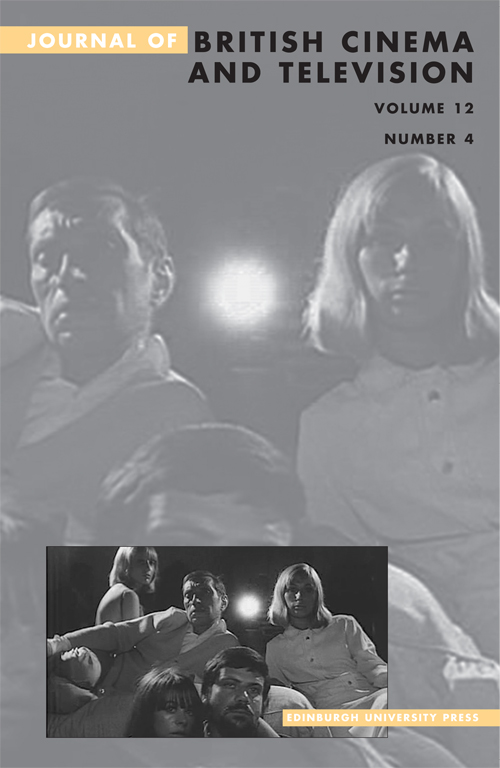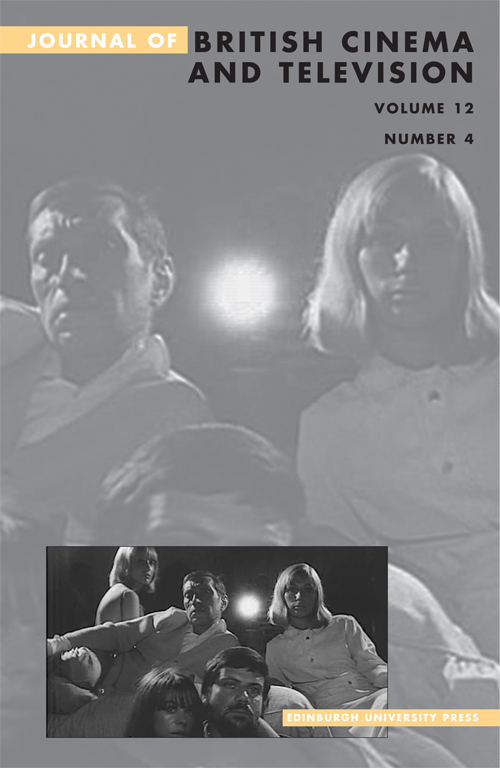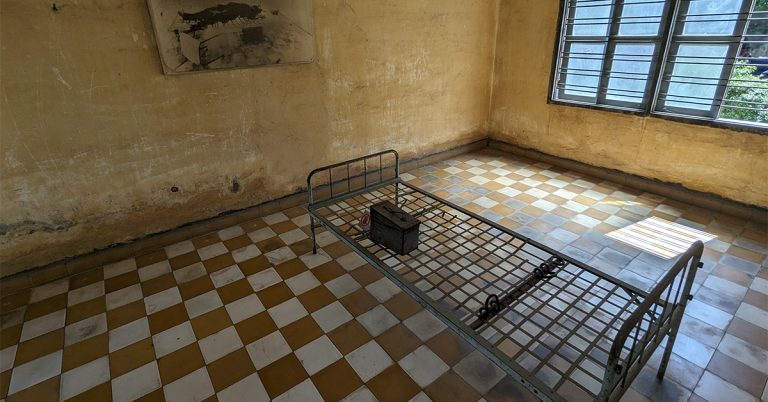
By Christophe Van Eecke
Ken Russell is often considered more or less the court jester of British film history, and his films have not always been taken quite as seriously as they deserve. This holds true even of The Devils (1971), Russell’s greatest film, which is more talked about for its censorship troubles and supposedly sensational content than for its incisive analysis of power and politics.
In the special Russell issue of the Journal of British Cinema and Television, which I co-edited with John Hill and Karel Vanhaesebrouck, I propose a reading of Russell’s film as a theatrum mundi, or a stage of the world. This trope was very popular in Renaissance and Baroque culture and had regained a place in the public imagination in the late 1960s, partly through the work of Frances Yates. I argue that The Devils is structured as a stage representing the world. The city of Loudun, which is enclosed within mighty white walls (a splendid achievement by set designer Derek Jarman), is treated by Russell as a theatre stage on which he dramatises the trial against Urbain Grandier (Oliver Reed), a Jesuit priest who was accused, in 1634, of having invaded a convent in the shape of a demonic incubus. Grandier’s main accusers are Sister Jeanne of the Angels (Vanessa Redgrave), who is pathologically obsessed with him, and Baron de Laubardemont (Dudley Sutton), one of Cardinal Richelieu’s minions. Laubardemont has been sent to Loudun to organise the destruction of the city’s fortifications to facilitate centralised absolutist rule. Grandier opposes this plan, which makes him a political nuisance. 
Discussions of the film have all too often focused on the representation of the orgiastic exorcism scenes that are central to the film. I argue, however, that The Devils is first and foremost a political allegory that seeks to elaborate the way power operates, not just in Loudun in 1634, but in society in general. The orgy sequences, which are indeed a pandemonium of excess, play a key role in this allegorical project: Russell uses them to break open the power dynamics at work in Loudun and show how Grandier became the scapegoat and sacrificial victim of ruthlessly power-hungry political operators. Russell intended his film to have universal import, and I argue that its message is as relevant today as it was in 1971.
The special Russell issue further contains contributions by John Hill, John Wyver, Julian Petley, Kevin Flanagan, Jack Post, Steven Jacobs and Vito Adriaensens, and an interview with film editor Roger Crittenden conducted by Paul Sutton.
Read ‘Staging the World: The Devils as Theatrum Mundi‘ in the Journal of British Cinema and Television, 12.4.
Christophe Van Eecke (1977) is a philosopher, art historian, and critic affiliated to the Centre for Gender and Diversity at Maastricht University. He recently obtained his double doctorate from Maastricht University and the Université Libre de Bruxelles for Pandaemonium: Ken Russell’s Artist Biographies as Baroque Performance (2015, available as an open access ebook).





